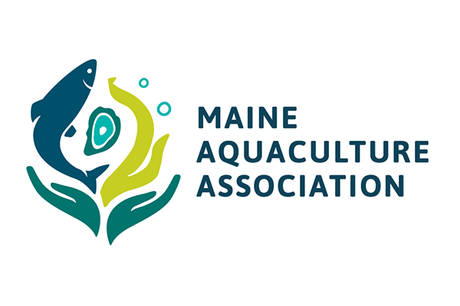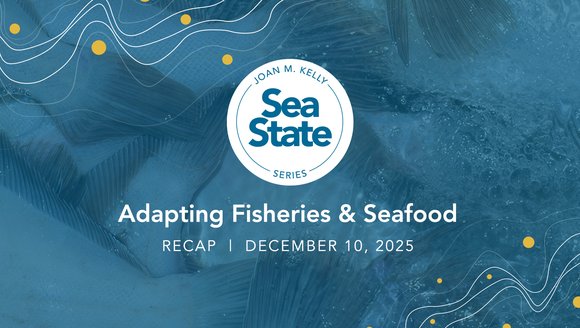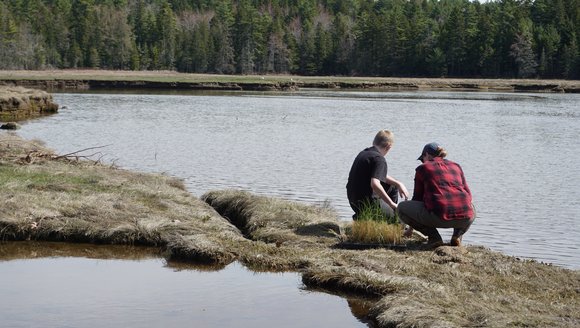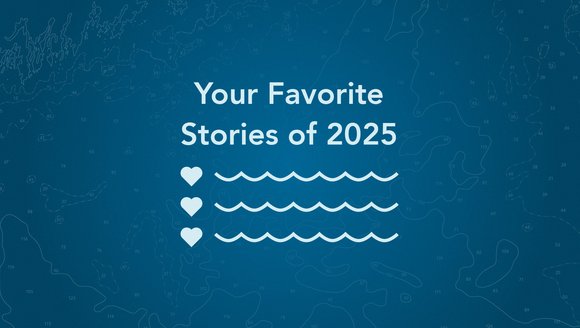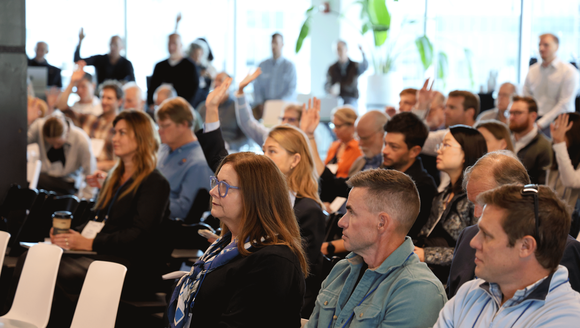Supporting the Development of Socioecological Literacy
Connecting underserved youth with regionally relevant careers.
This project advances efforts to better understand and promote practices that broaden access to and interest in regionally relevant science, technology, engineering, and math (STEM) occupations for underrepresented youth. Situated within the context of Maine's vibrant aquaculture industry, third graders from across the state will explore human-nature interactions in marine resource-dependent economies through hands-on learning experiences at active farms, the construction and revision of computational models of natural systems, and engagement with choice-based virtual economic games.
Project Goals:
- Broaden participation in Maine’s growing aquaculture industry.
- Elucidate a model for local school districts to connect participating youth with a regional workforce through industry and community partnerships.
- Provide Maine elementary students with a foundation of systems thinking and economic reasoning.
- Support a future citizenry who understand how particular decisions based on anticipated futures can achieve or not achieve certain environmental goals.
This project will prepare 250+ elementary students from rural and immigrant/refugee communities to participate in Maine’s growing aquaculture industry through an integrated suite of carefully designed learning experiences. These experiences will include hands-on field experiences at active aquaculture farms, mentorship with local farmers, and classroom-based activities which foreground the affordances of scientific modeling as a means to represent, test, and understand relationships within the natural world.
The goal is to establish a bridge between the classroom and a regional workforce, and to develop multiple areas of skill and knowledge – including systems thinking and economic reasoning – that can be flexibly deployed across a students’ entire academic career and across evolving future work environments. This project will elucidate a model for connecting local youth with regionally relevant careers and contribute to the understanding of how a learning model connecting students with a local workforce can support the development of STEM knowledge and identities, particularly in those from underrepresented backgrounds.
Project Team
Project Sponsor
This project is funded by the National Science Foundation, award #2048828.
Read Next
-
Sea State Recap: Adapting Fisheries & Seafood
In this installment of the Sea State series at the Gulf of Maine Research Institute (GMRI), we hosted a conversation about how collaboration and shared …
Perspectives
-
Community Science Wrapped 2025
Understanding how climate change is reshaping the Gulf of Maine, and New England at large, depends on steady, long-term observations — the kinds that reveal …
Perspectives
-
Your Favorite Stories from 2025
Take a look back at some of our most-read stories in 2025.
Perspectives
-
The Next Wave of Maine’s Blue Economy
Reflections from the 2025 Blue Economy Investment Summit, and the future of Maine's blue economy.
Perspectives

